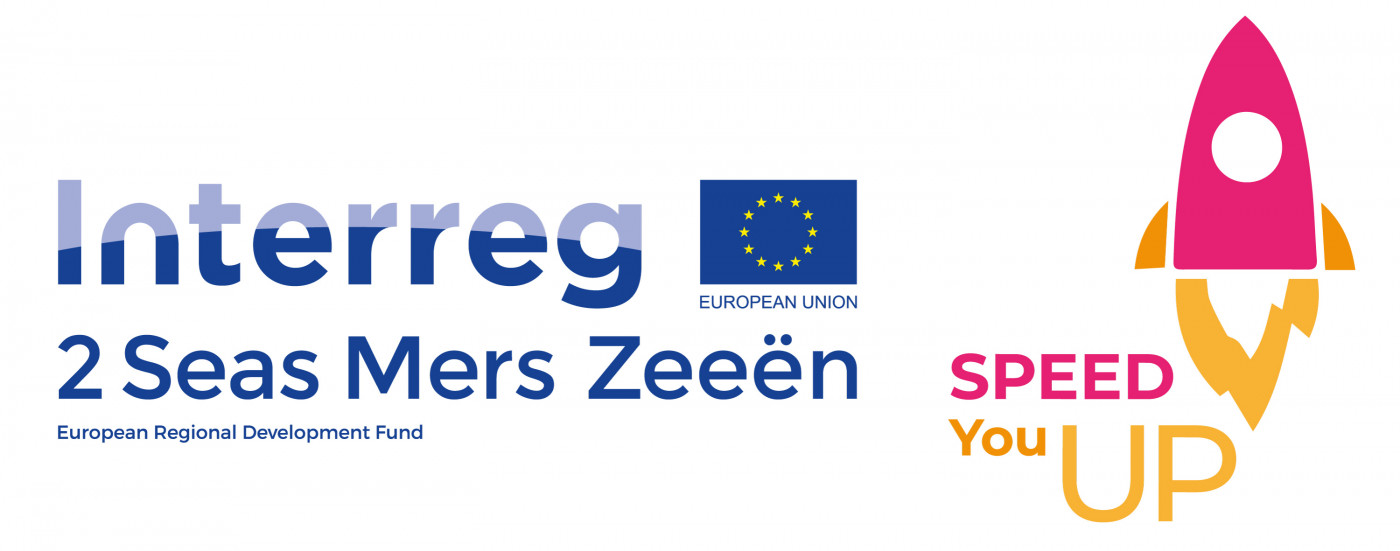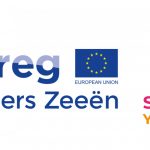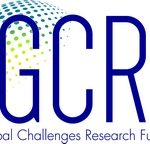According to the World Economic Forum, the top in-demand skills by 2025 will include creativity, problem-solving, active learning, initiative, and flexibility. However, the OECD’s 2021 Survey of Socio-Emotional Skills shows that adolescents, especially those from disadvantaged backgrounds, report lower skills like creativity and curiosity, emphasising the importance of early interventions for young people to prevent them from being marginalised or excluded from the labour market in the future.
The compulsory closure of schools following the pandemic altered the conventional teaching and learning landscape. Despite the instant and shared shock of the pandemic, the swiftness of young people’s adjustment to remote learning differed across family, regional, and socio-economic contexts. The absence of a structured in-school learning environment necessitated the question of young people’s ability to self-direct their learning and cope with sudden changes, indicating the relevance of socio-emotional competencies.
Also, the loss of direct supervision meant that teachers alone could not guarantee students learning during the pandemic, emphasising the value of a collaborative approach to learning.

According to a member of staff in one of the schools that participated in the project:
“SPEED-You-UP has benefitted our students by improving their knowledge of self. They can now identify what skills they possess for future endeavours. It also showed them that anything is possible. They are more positive in their outlook, confident, and work better in groups.”
A critical post-pandemic question is how are schools, universities, and local training services responding to young people’s well-being needs and equipping them for the transformations in the labour market?
If you have any questions about the SPEED-You-UP project or are interested in potential collaboration, please get in touch.
________________________________________________
Written by Dr Esther Anwuzia on behalf of the BU SPEED-You-UP team.
 What can be done for more at-risk young people to become entrepreneurs?
What can be done for more at-risk young people to become entrepreneurs? Coaching At-Risk Young People CPD by Bournemouth University Business School
Coaching At-Risk Young People CPD by Bournemouth University Business School ESRC GCRF Inequalities and skills acquisition in young people
ESRC GCRF Inequalities and skills acquisition in young people










 Up2U: New BU academic publication
Up2U: New BU academic publication New BU midwifery paper
New BU midwifery paper BU academic publishes in online newspaper in Nepal
BU academic publishes in online newspaper in Nepal Final day of the ESRC Festival of Social Science
Final day of the ESRC Festival of Social Science Using Art to enhance Research
Using Art to enhance Research ECR Funding Open Call: Research Culture & Community Grant – Application Deadline Friday 12 December
ECR Funding Open Call: Research Culture & Community Grant – Application Deadline Friday 12 December MSCA Postdoctoral Fellowships 2025 Call
MSCA Postdoctoral Fellowships 2025 Call ERC Advanced Grant 2025 Webinar
ERC Advanced Grant 2025 Webinar Horizon Europe Work Programme 2025 Published
Horizon Europe Work Programme 2025 Published Horizon Europe 2025 Work Programme pre-Published
Horizon Europe 2025 Work Programme pre-Published Update on UKRO services
Update on UKRO services European research project exploring use of ‘virtual twins’ to better manage metabolic associated fatty liver disease
European research project exploring use of ‘virtual twins’ to better manage metabolic associated fatty liver disease